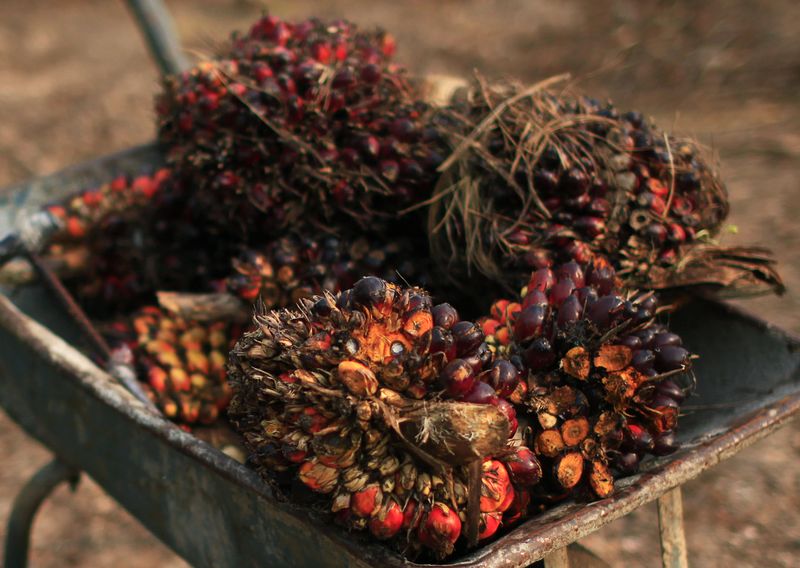US lawmakers seek crackdown on Chinese used cooking oil imports over fraud concerns
2024.06.27 19:32
(Reuters) – A group of U.S. farm state senators is pushing for a regulatory crackdown on surging imports of used cooking oil from China and elsewhere amid concerns some of the shipments could be fraudulent.
U.S. biofuels manufacturers have been buying increasing volumes of used cooking oil in recent years to make products like biodiesel that can fetch lucrative federal and state climate subsidies.
But some of the cargoes may include virgin palm oil, a product linked to climate and environmental damage from deforestation, the senators wrote in a letter to several U.S. regulators and agencies and released Thursday.
According to the letter, the U.S. has gone from importing less than 200 million pounds of used cooking oil per year to importing over 3 billion pounds in 2023, with more than half coming from China.
“We understand there are good actors utilizing UCO as part of a diverse array of feedstocks in their renewable fuel production, and domestic sources of UCO are held to rigorous verification and traceability requirements,” the senators wrote in the letter, dated June 20.
“However, we are concerned with the lack of transparency surrounding the United States’ efforts in the area of verifying imported UCO,” they said.
The letter was addressed to the Environmental Protection Agency, the Department of Agriculture, Customs and Border Protection, and the U.S. Trade Representative, and asked for details on U.S. enforcement and verification actions related to used cooking oil imports.
It was signed by six farm state U.S. senators, including Republicans Chuck Grassley, Joni Ernst, Roger Marshall, Deb Fischer, and Pete Ricketts, along with Democrat Sherrod Brown.

Biofuels producers can collect a number of federal and state subsidies for making low-carbon fuels, including by earning tradable credits called RINs under the U.S. Renewable Fuels Standard overseen by the EPA.
Europe’s used cooking oil imports declined steeply after greater scrutiny on imports to prevent mislabeling, the letter said.








